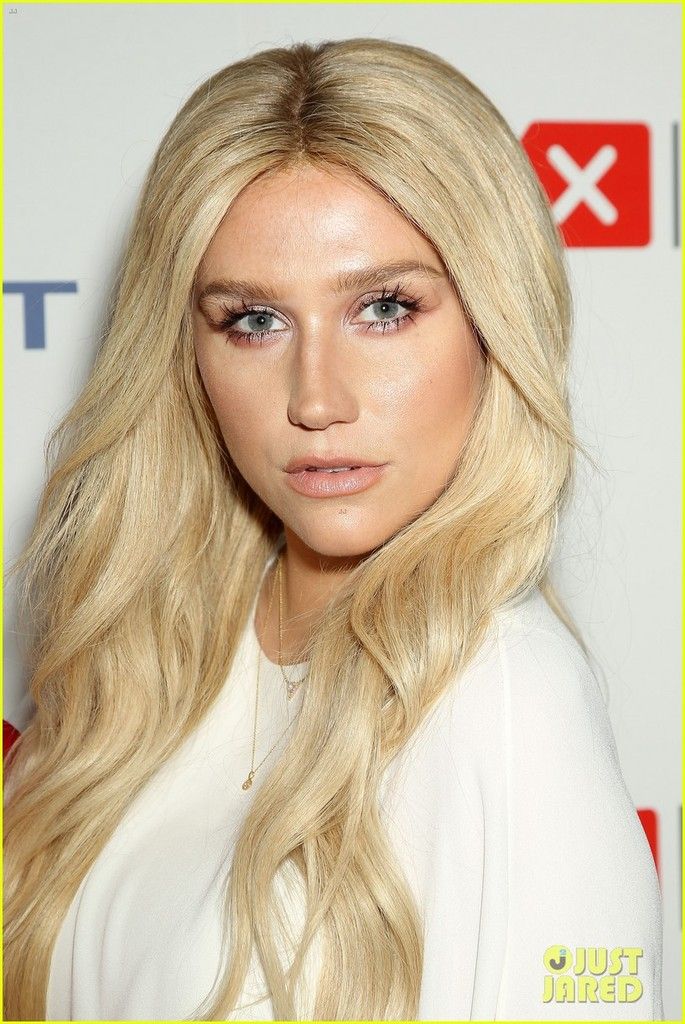#Cannes will feature movies starring Cate Blanchett, Matthew @McConaughey& Michael Fassbender http://t.co/qFWYCZ52yUpic.twitter.com/RiAoYqF4Rj
— Variety (@Variety) April 17, 2015Interview with Cannes programming chief below:
The world thinks of Cannes as the Olympics of world cinema: There’s the expectation that every country will send its best film to competition. In your process, how important is trying to find a diverse international representation?
First, it’s important to understand that Cannes is the biggest festival in the world. We receive the greatest number of submissions, 1,854 films, and we accept the fewest. That means when we’re done, the official selection numbers only 50 to 60 films, no more. So we can’t represent everyone, unfortunately. But when it comes to the best and most universal achievements in global film culture, we pay attention to that. Cannes has the duty of giving the world a sense of the general spirit that reigns in global cinema. At the press conference this morning, lots of people had questions. The Italian asks about Italy (which has three films in competition); the Mexican asks about Mexico (with none). Every country wants to talk about its own films.
And does it work the same way when considering the balance between male and female directors? I know that was a touchy issue for Cannes a couple years ago.
It’s an important subject, the question of the presence of women in world cinema. Cannes was blasted in a way that was ultimately fair because it’s an important subject and one that I work on. But if Emmanuelle Bercot’s film was chosen to open Cannes this year, it’s not because she’s a woman, it’s because she made a beautiful movie. I feel no more proud to have Emmanuelle Bercot as the opening film than I do guilty when there are no women in competition. I don’t know whether the filmmakers are men or women, big or small, white or black or red, young or old. We select the films; we don’t choose according to the gender (of their directors). This year, there are no Spanish films in competition. That’s how it is.
In your experience, given the sheer number of films you screen for consideration, do female directors have a different way of telling stories? Should Cannes adjust its criteria to be more accommodating of such differences?
Last year, Jane Campion was the president of the jury. Did she give the prize to another woman? No, she awarded a man (Nuri Bilge Ceylan, for “Winter Sleep”), so she remains the only female Palme d’Or winner. If Cannes could solve all the problems of male domination (in world cinema), I would do it, but I don’t think that’s realistic. This year, the film by Valerie Donzelli that’s in competition features a script by Jean Gruault, which was originally written for Francois Truffaut. Would Truffaut have made a masculine film? Did Donzelli make a women’s movie? I don’t know, but it’s an interesting question. Does Maiwenn (whose romance “Mon roi” was chosen for competition) make women’s movies? Alice Winocour, who is in Un Certain Regard (with “Maryland”), her film is almost a genre movie, so there you have it.
source: variety, twitter
Which films are you looking forward to this year?




































































